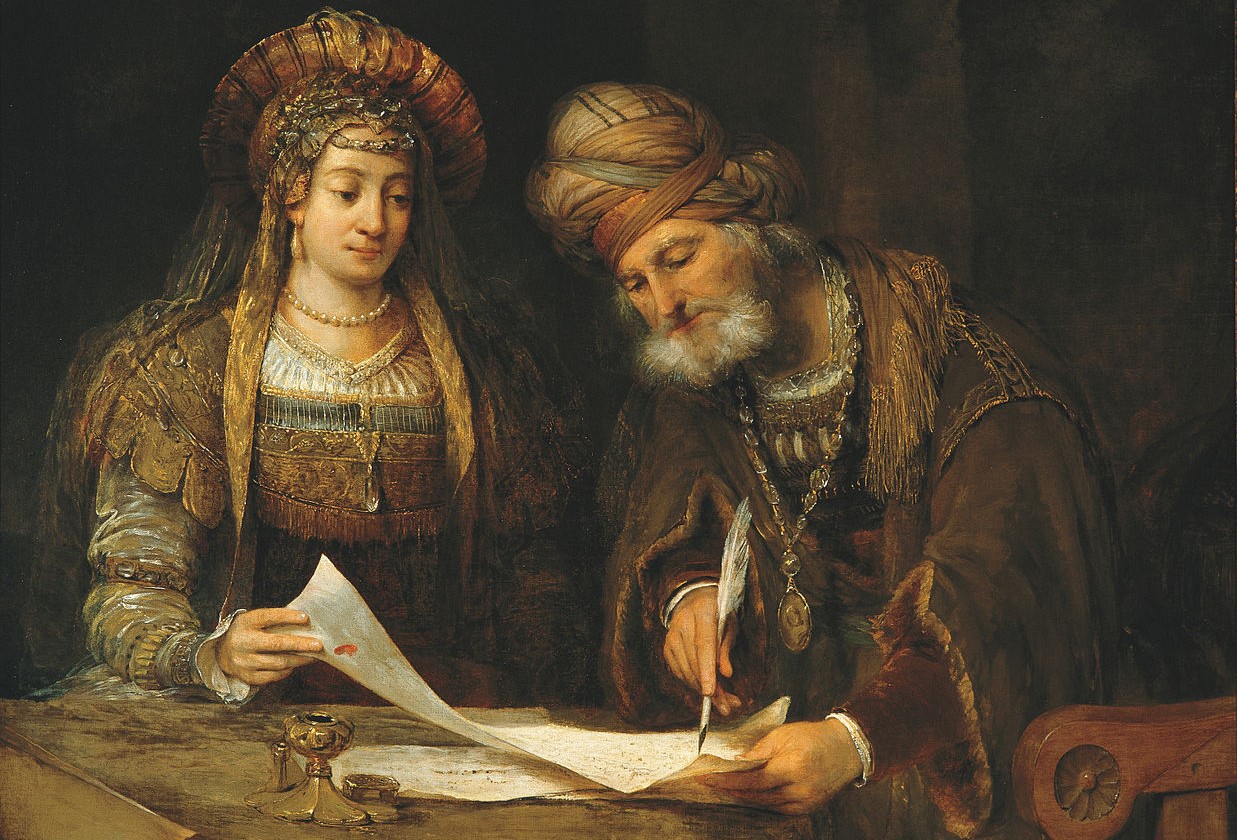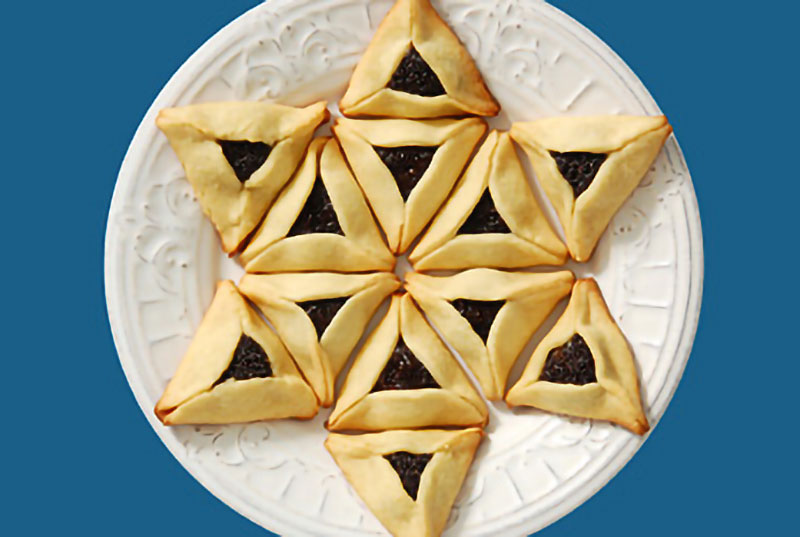Aaron Fruh Interviews Tzlil Bandy McDonald who Spent Her Childhood in Southern Israel Under Constant Attack from Hamas Rockets.
May 24, 2021The Elephant in the Room Question: Why Do Some Christians Dislike Jews?
March 24, 2022In the Book of Esther Non-Jews Defended the Jews from Harm

In a conversation about the delicate negotiations between Israel and her neighbors, the Prime Minister of Israel, Golda Meir, appealed to the Jewish U.S. Secretary of State, Henry Kissinger, for his support of Israel. Henry immediately remarked, “Golda, you must remember that first I am an American, second I am Secretary of State, and third I am a Jew.” To which Meir replied, “Henry, you forget that in Israel we read from right to left.”

Golda Meir and Henry Kissinger
A similar conversation occurred years before in a different time and place. The geopolitics were different, but the story is the same: An advocate for the Jewish people appealed to a prominent Jewish political leader with the hope of securing peace and protection for the Jews who were facing an existential threat. This dialogue happened 2,500 years ago between Mordecai the Jew and Esther – the Jewish Queen of the Persian empire. Mordecai’s appeal to Esther is recorded in the Scroll of Esther:
“Do not think to yourself that in the king’s palace you will escape any more than all the other Jews. For if you keep silent at this time, relief and deliverance will rise for the Jews from another place, but you and your father’s house will perish. And who knows whether you have not come to the kingdom for such a time as this?” (Esther 4:13-14).
Mordecai was saying in essence, “Esther, you won’t find safety in the Persian palace or in the preeminence of being Queen. Our people’s very existence is in grave danger so don’t think you are a Persian first, a Queen second, and a Jew third. Remember you are a Jew first because there is no escaping your calling and identity – an identity that is deeply more significant than national borders or titles in an empire. An identity that discovers its relief and deliverance in the miraculous not in palaces.” Like Golda Meir’s advice to Henry Kissinger, Mordecai reminded Esther that she was first a Jew – that she should read from right to left.

In a time when antisemitism is exponentially expanding around the globe, Mordecai’s message to Esther is a good reminder for Jews to celebrate their identity without fear within the light and joyful surroundings of the Jewish community. The strength of the Jewish community comes from just that – community. That is where miracles happen. That is where the Jewish celebration of sorrow turning into gladness is continuous throughout the calendar year.

There is another message about the celebration of Jewish Identity in the scroll of Esther and it is directed to non-Jews. When Mordecai and Esther were commissioned by King Ahasuerus to write a new decree for the protection of all the Jews in the Persian Empire, a curious thing happened. Many who were not Jews throughout the vast empire joined themselves to the Jews and celebrated with them:
“The Jews had light and gladness and joy and honor. And in every province and in every city, wherever the king’s command and his edict reached, there was gladness and joy among the Jews, a feast and a holiday. And many from the peoples of the country declared themselves Jews” (Esther 8:16-17).
Even the political leaders in the Persian empire offered their support in defending the Jews from annihilation:
“All the officials of the provinces and the satraps and the governors and the royal agents also helped the Jews.”
Although Christianity has a long history of persecuting Jews, and though it continues its painful and hurtful separation from its Jewish legacy and foundation, there is a remnant of sorts – a beautiful, redemptive, and restorative one – slowly growing in the Christian world. These Christians from the nations sincerely love and honor Jewish people with no hidden agenda. A passage from the book of Zachariah seems to indicate a future heartfelt honor will abide in many non-Jews for their Jewish elder brothers and sisters:
“Thus says the Lord of hosts: In those days ten men from the nations of every tongue shall take hold of the robe of a Jew, saying, ‘Let us go with you, for we have heard that God is with you” (Zechariah 8:23).
This Purim as the claws of Antisemitism continue to expand their reach, may Jews of all backgrounds find strength in their community and deep meaning in their identity and calling – may they find solace in being Jews first. As well, may Christians from the nations discover the richness of the Jewish foundation of their faith, break free from the collective Antisemitism of their past, and be the first to humbly honor the Jewish people. During the Holocaust, German Christians for the most part despised Jews. They were Germans first and Christians second. May this not be true for Christians today. This Purim may both Jews and Christians – in the words of Golda Meir, “Read from right to left.”
